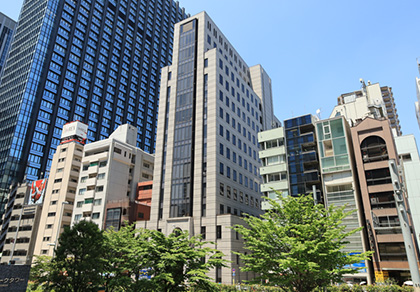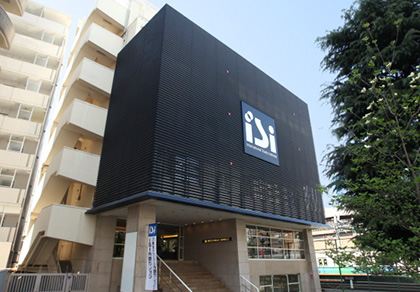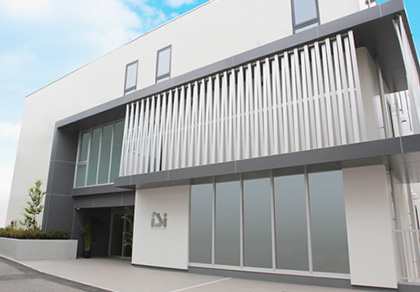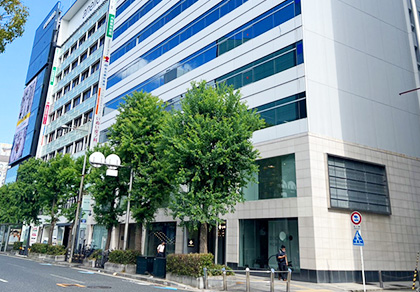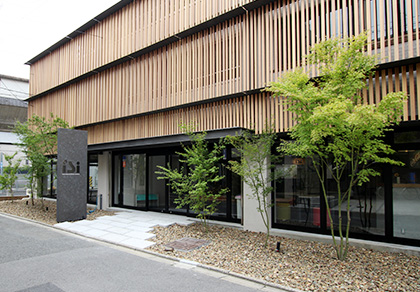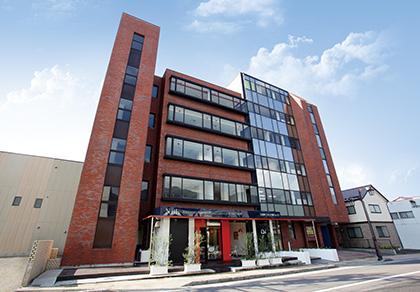Short-Term General Japanese
Minimum course length is 2 weeks. Why not experience high quality Japanese language education in a short period of time?
- Home
- Course Introduction
- Short-Term General Japanese
Features of Short-Term General Japanese
1. Can study for a minimum period of 2 weeks
This is a course for students who come to Japan with a visa status other than a college student visa and study Japanese for as little as 2 weeks. This course is also available for those who wish to stay in Japan for more than one year on a working holiday visa or Japanese spouse visa. In the Short-Term General Japanese Course, students can systematically learn language behaviors (“listening,” “reading,” “speaking,” and “writing”) and language knowledge (“vocabulary” and “grammar”) according to their Japanese language level, so that they can learn Japanese well even in a short period of time.
2. Enrollment is open 4 times a year
For those that are absolute beginners, please enter at the beginning of any of the April, July, October and January terms. Those with experience in Japanese may enter the middle of terms as well. In this case, please take a preliminary Level Check Test so we can assign you to a class that matches with your Japanese skills.
Short-term General Japanese - Operating School
Length of Study and Class Levels
Classes are divided into 8 levels from beginner to advanced. The guidelines for learning objectives at each level are as follows.
| Level | JLPT Level Standards | CEFR Level Standards | Class hours per week | |
| Beginner | LevelⅠ | N5 | A1 | 200 classes in 10 weeks for each level |
| LevelⅡ | N4 | A2 | ||
| Intermediate | LevelⅠ | N3 | B1 | |
| LevelⅡ | N2 | |||
| LevelⅢ | B2 | |||
| Advanced | LevelⅠ | N2/N1 | ||
| LevelⅡ | N1 | |||
| LevelⅢ | C1 | |||
Elective Classes
Depending on their goals, students in Intermediate II or above choose and enroll in an elective class which meets 2 times a week.
Students choose their elective class through a survey collected at the beginning of each term.
| Campus | Graduate School Pathway Class | EJU Preparation Class (Subject: Japanese) | JLPT Preparation Class | Practical Conversation Class |
| Shinjuku Campus | ● | ● | ● | ● |
| Ikebukuro Campus | ● | ● | ● | |
| Kyoto Campus | ● | ● | ● | ● |
| Nagano Campus | ● | ● | ● |
![]()
Graduate School Pathway Class
Prepares students in writing research proposals and short theses that are required when applying to graduate schools in Japan.
![]()
EJU Preparation Class
Prepares students in using academic Japanese and studying for the EJU (Examination for Japanese University Admission for International Students) which is required when applying to universities in Japan. (*subject: Japanese)
![]()
JLPT Preparation Class
Focuses on problems that are likely to appear in the JLPT (Japanese Language Proficiency Test) or problems that have been previously used on the JLPT. Practice tests are administered before the actual JLPT.
![]()
Practical Conversation Class
Seeks to improve conversation skills through activities such as role-play, debate and field work.
School Timetable・Number of Students in Each Class
- Classes are scheduled every Monday to Friday. There are no classes on national and school holidays.
- There are 2 class periods each school day. 1 class period lasts 90 minutes.
- You will have class in the morning or afternoon, depending on which class you are enrolled in.
- There are up to 20 students in each class.
【Morning Classes】
- 1st period : 8:50~10:20
- 2nd period : 10:30~12:00
【Afternoon Classes】
- 1st period : 13:00~14:30
- 2nd period : 14:40~16:10
Class Placement Test
ISI uses an online Class Placement Test which can be accessed through a computer or smart phone. As a result, you can immediately check your assigned class on arrival in Japan and smoothly transition to the beginning of your school life. We will also ask you to complete a questionnaire about your past experiences in learning Japanese and your future plans, which will then be used to place you in a class that matches with your level of Japanese and learning goals. In case you feel that the assigned class does not match with your level of Japanese, we have a Class Changing Period in place, during which you can consult with faculty to change classes.
Academic Performance and Evaluation
Students who remain enrolled until the end of the semester will be graded. Grades will be determined from the results of textbook attributes, quizzes, homework assignments, and the final exam at the end of each semester. Competency assessment will be done in the form of “on paper”, “online”, “oral examinations”, etc. according to the characteristics of each subject.
There are eight fields of study (Listening Comprehension, Reading Comprehension, Conversation, Writing, Grammar, Vocabulary, Pronunciation, and Assignments) and an overall evaluation, based on the aforementioned evaluation. A+ (90-100 points), A (80-89 points), B (70-79 points), C (60-69 points), and D (59 points or less). Students can check their semester grades on the student portal site (Campusmate-J).
Conferment of a Certificate of Study
A “Certificate of Study” will be awarded when the student’s attendance rate for the enrollment period meets 80%.

